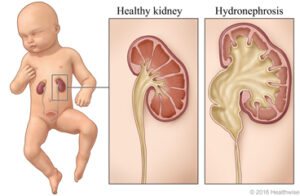Depression is a common mental health condition that affects millions of people worldwide. It can lead to feelings of sadness, hopelessness, and a lack of interest in activities that were once enjoyed. While depression can be challenging to manage, there are strategies that can help. In this article, we will provide you with a comprehensive guide on how to manage depression effectively.
- Seek Professional Help
The first and most important step in managing depression is to seek professional help. A healthcare provider can help you develop a treatment plan that suits your needs, which may include therapy and medication.
- Talk to Someone
Talking to someone about your feelings can be helpful in managing depression. A friend, family member, or mental health professional can provide support and help you develop coping strategies.
- Practice Self-Care
Practicing self-care is essential in managing depression. This includes getting enough sleep, eating a healthy diet, and engaging in activities that promote relaxation and enjoyment.
- Exercise Regularly
Exercise is an effective way to manage depression. Exercise helps release endorphins, which are natural mood boosters. Aim to exercise for at least 30 minutes, three to five times a week.
- Challenge Negative Thoughts
Negative thoughts can contribute to depression. Learning to challenge and reframe negative thoughts can help manage depression. Cognitive-behavioral therapy (CBT) is an effective therapy for learning how to challenge negative thoughts.
- Establish a Routine
Establishing a routine can be helpful in managing depression. This includes setting regular times for sleeping, eating, and engaging in activities. A routine can provide structure and stability during challenging times.
- Stay Connected
Staying connected to others is essential in managing depression. Isolation can worsen depression, while social support can provide comfort and encouragement. Joining support groups or engaging in social activities can be helpful.
In conclusion, managing depression requires seeking professional help, talking to someone, practicing self-care, exercising regularly, challenging negative thoughts, establishing a routine, and staying connected. With the right strategies, it’s possible to manage depression effectively and improve your quality of life. Remember that recovery from depression is a journey, and it’s important to be patient and compassionate with yourself along the way.





